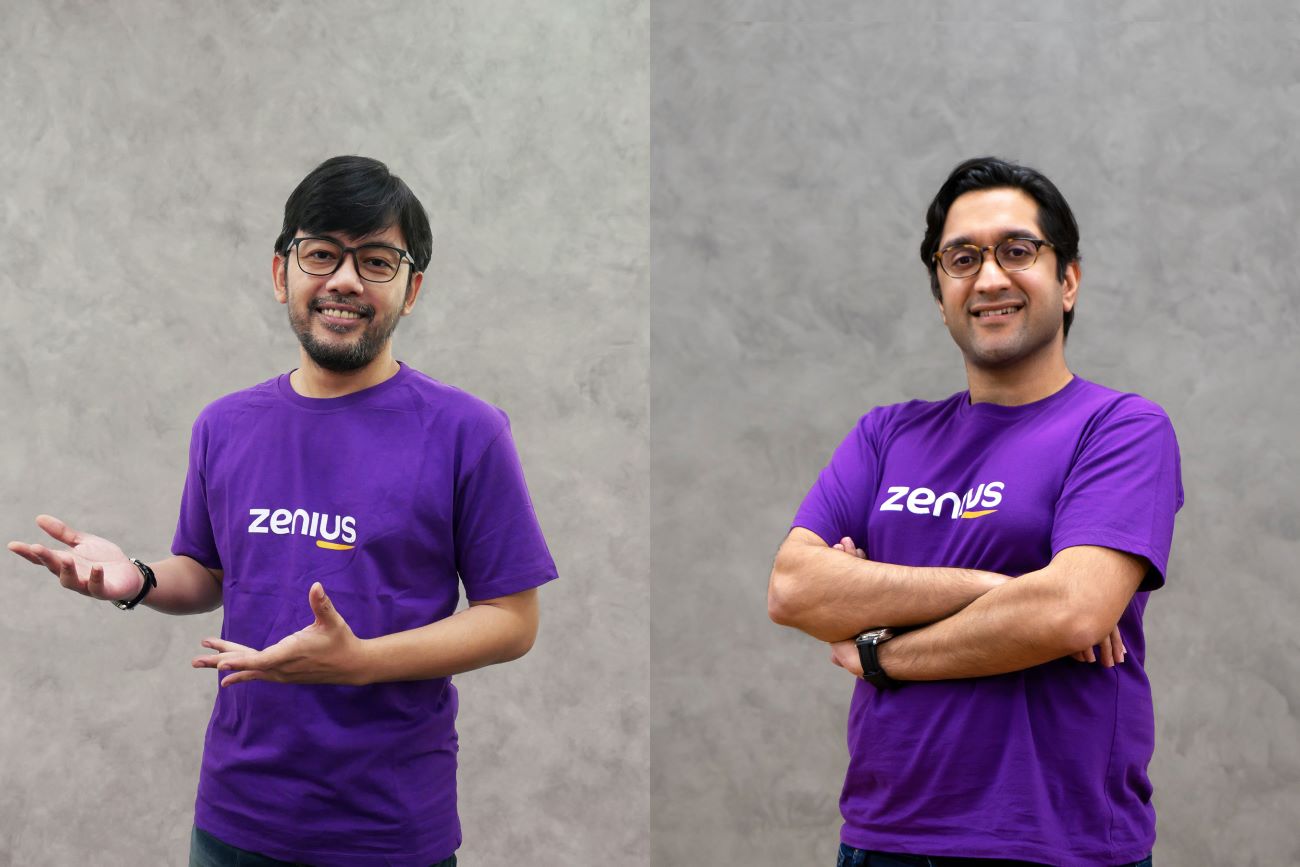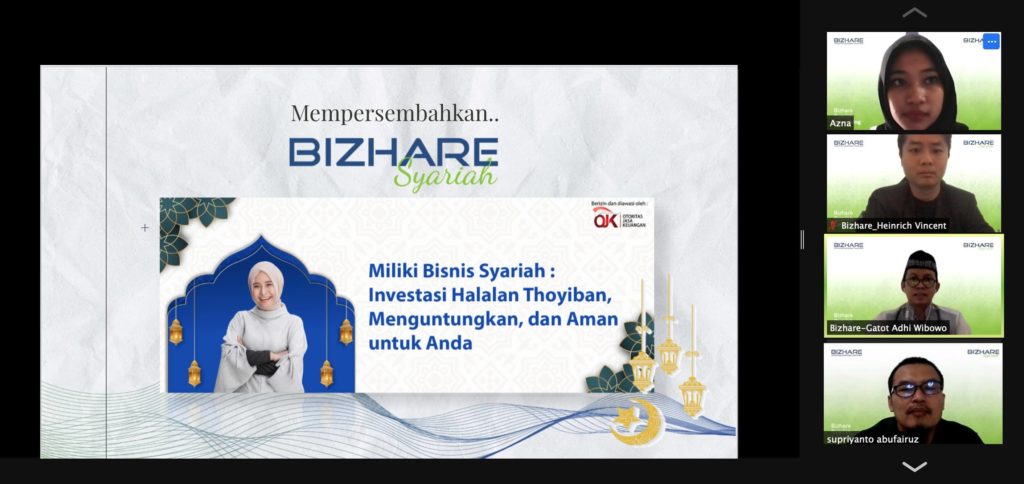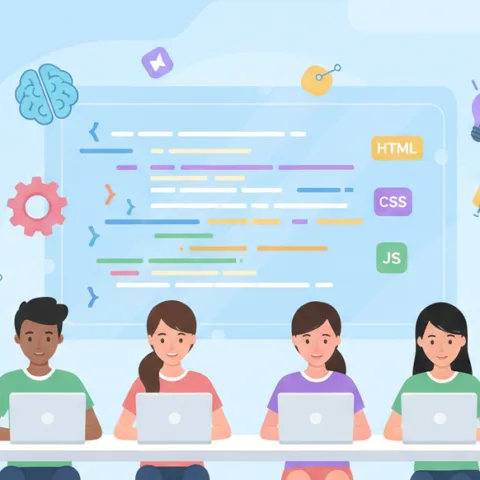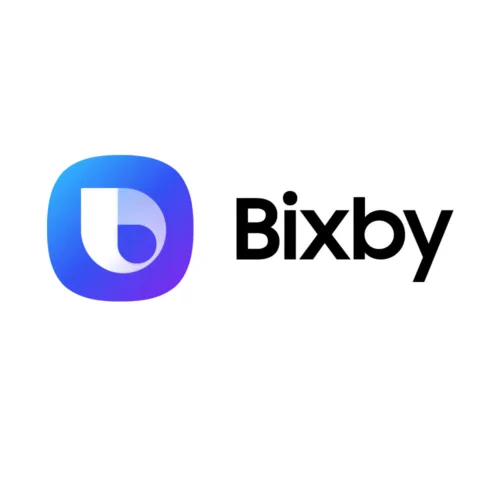Edutech startup Zenius introduces ZenCore to improve general knowledge of three fundamental subjects, mathematics, verbal logic, and English. In developing this latest feature, they implemented AI and machine learning technology to learn the capabilities of each user based on their answers to questions in Core Practice.
CorePractice is a site on ZenCore containing hundreds of thousands of questions from three main branches of concentration. Users can take advantage of CoreInsight to learn about existing topics for greater insight as it contains explanations of practice questions, in the form of easy-to-understand concept videos.
Zenius system will automatically determine the user’s basic level of ability from these answers by calculating an algorithm that is designed as accurately as possible. The accuracy of users’ answers will determine their level on the ZenCore scoreboard.
Zenius’ Chief Education Office, Sabda P.S. explained, one of Indonesia’s common problem today is the basic understanding of the community as it is too focused on specific sciences. Moreover, each person has different ability from one another. This is why we cannot create the same subject provision for all, because each person must learn with their respective abilities.
“We equipped ZenCore with a ranking and scoring scheme to ignite a competitive attitude in every user. Through the gamification approach, we expect that users will share their values on social media, and invite friends to compete in a positive way,” he said in an official statement, Thursday (1/7).
This feature is also part of the company’s efforts to optimize retention on its platform because just like games, ZenCore will make users curious to get a better score. With the gamification format, he wants to emphasize that the learning process does not always have to be serious and rigid.
In a study that Sabda quoted from ScienceDirect, the concept of gamification applied in education was proven to be able to increase the average score of students by 34.75%. Meanwhile, students who were educated using gamification-based materials also experienced an increase in performance of up to 89.45% compared to students who only received one-way material.
Sabda also mentioned, ZenCore can be accessed for free. Users who want to deepen their basic skills can try to complete 100 levels containing more than 135 thousand questions. All of these questions are compiled by the curriculum development team at Zenius based on basic questions from mathematics, verbal logic, and English that are familiar in everyday life.
“ZenCore is the beginning of our focus on maximizing the implementation of AI technology into the Zenius platform. Going forward, we will continue to develop features that utilizes AI technology to provide related learning experiences for all users,” Sabda said.
It is said that during the 2019/2020 school year, Zenius has been accessed by more than 16 million users from rural and urban areas throughout Indonesia. Zenius has more than 90 thousand learning videos and hundreds of thousands of practice questions for elementary-high school levels that have been adapted to the national curriculum.
Additional technology in the edtech industry
Prior to Zenius, tmany edutech players have started to use the latest technology to provide added value for its users. Its closest competitor, Ruangguru, has released Roboguru which is designed to help students answer questions from various subjects by providing discussions and recommendations for learning videos.
Roboguru takes advantage of Photo Search and User Generated Content capabilities. Users only need to send photos of questions that they feel are difficult to do, then the system will provide material recommendations that can help solve the problem.
There is also Cakap, which embeds AR-based content to make the learning process more interactive. This technology was developed with AR&Co., through ISeeAR technology. Learning sessions conducted through video teleconferencing are equipped with interesting animations to increase children’s interest in learning.
Furthermore, ELSA Speak which utilizes artificial intelligence combined with voice recognition to help users pronounce English. The application will assess the user’s pronunciation and provide scores or recommendations for improvement.
–
Original article is in Indonesian, translated by Kristin Siagian













